When a couple breaks up, it’s hard for everyone, not least any children caught in the cross-fire. But parents can help ease the pain by putting their kids first. In episode eleven of Are We There Yet? Katy Gosset talks to separated Mums and Dads about how to make co-parenting work.
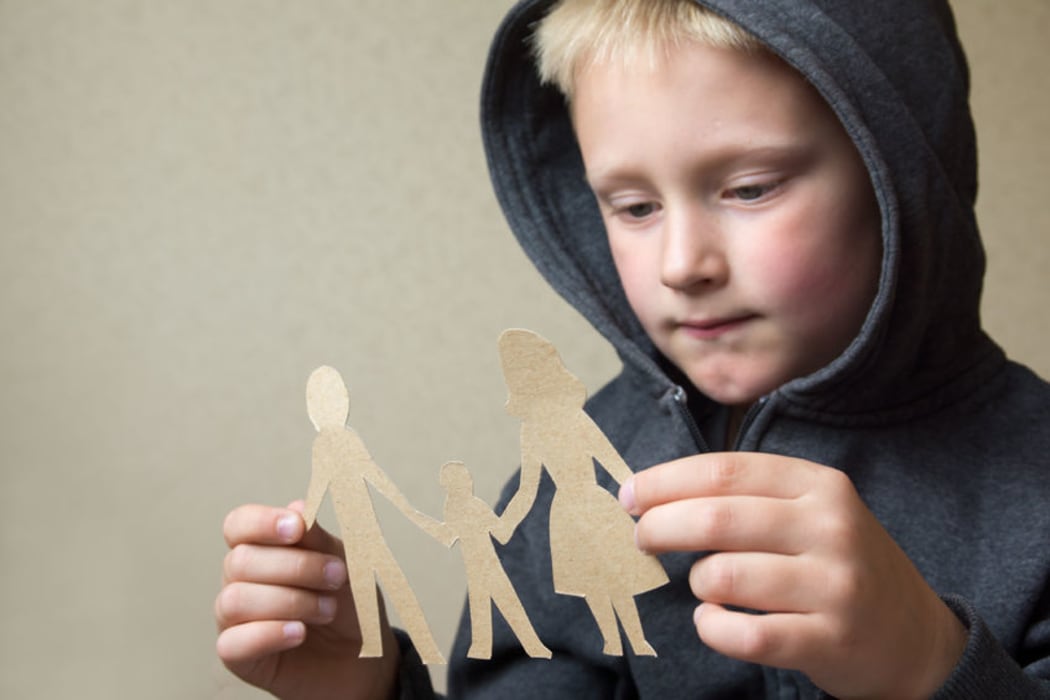
Photo: mizina/123RF
Subscribe free to Are We There Yet. On iPhones: iTunes, RadioPublic or Spotify. On Android phones: RadioPublic or Stitcher.
When a relationship ends, the mad juggle that most parents already face goes into overdrive.
Suddenly you're also managing your own feelings of grief, while helping to support children and thinking about a new home and new way of life.
"It was hectic and a crazy time - the actual separation." - Father/stepfather of six
"You've got the emotional side of breaking up with someone but you're also feeling really, really guilty for the children." - Mother of three
"The kids were really confused. They didn't know what was happening, even though we explained it quite a few times." - Father/stepfather of six
There are new routines to get used to and ways of easing the blow for children
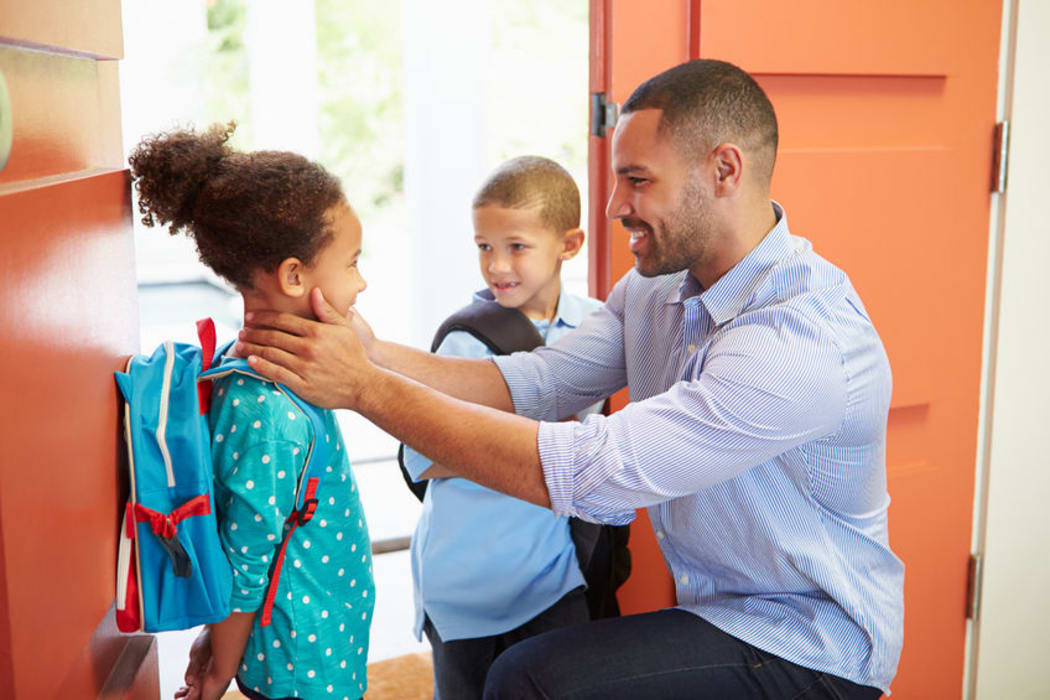
Photo: stockbroker/123RF
"I think the fact that they got to see their Dad a lot really helped and that became quite normal for them after a time." - Mother of three
"We still go to all the kids' events together. [My ex's] new partner comes along and that just shows to your children that despite the fact that their parents aren't living together anymore, they're still a united front for them (the children)." - Mother of two
"There were times when it was hard for everyone but the more consistent the plan was, the better it was for them." - Father/stepfather of six
And parents also have to adjust to their new lives.
"I was terrified of not seeing [my children] all the time. That, to this day, is still the most unnatural feeling in the world." - Mother of two
"That guilt would come in and I'd be feeling almost like [I'd] failed at the family situation and that would make it pretty tough at times." - Mother of three
"I love my children immensely and I like them so I've always wanted to be around them. And so three nights a week I'm not and I hate it." - Mother of two
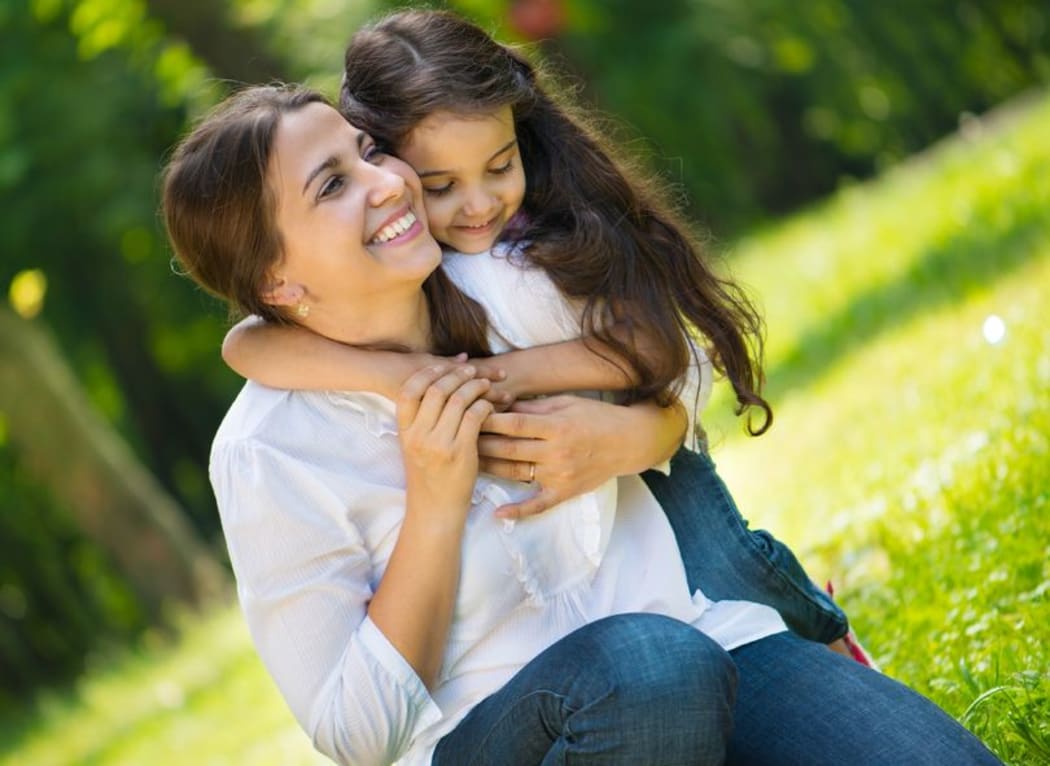
Photo: petro/123RF
And then there are feelings of frustration or anger towards former partners or spouses which really shouldn't be articulated in front of children.
"We never put the other parent down. I know of people who spit venom when they talk about their children's father and it just breaks my heart to see how that impacts on the kids." - Mother of two
"I always kept that very separate from them. I thought that would be too unfair on the kids." - Mother of three
"Remember that the person you may not like much in the moment or even hate is the other most important thing in your children's life." - Mother of two
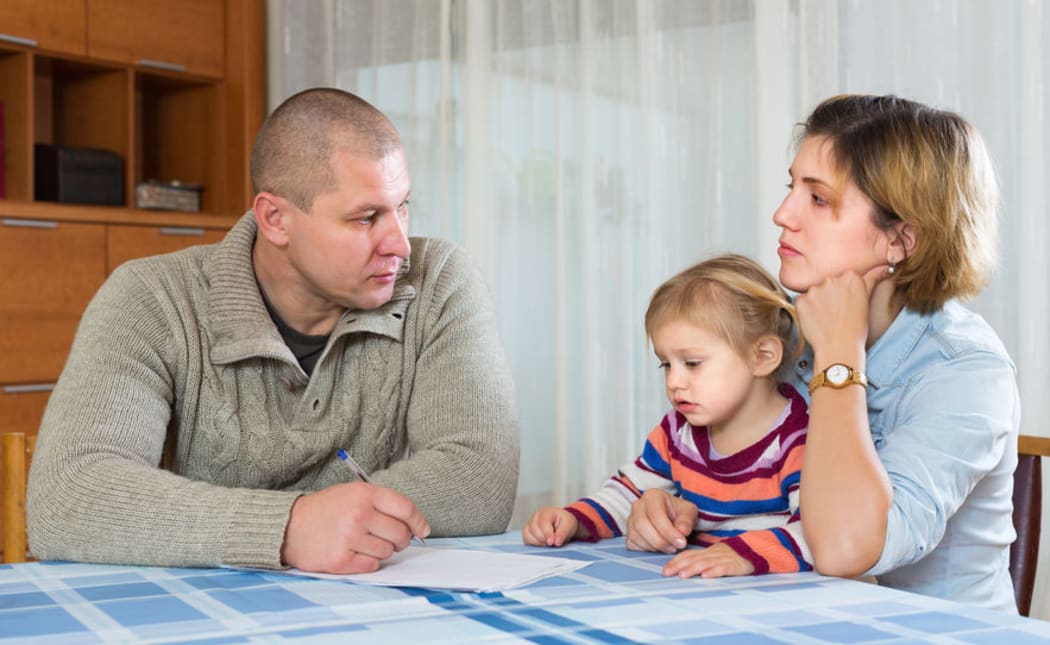
Photo: jackf/123RF
And ultimately most children will come to terms with the changes.
"As they've got older they've actually said to me 'I can understand why you and Dad aren't together now'. So they can see the differences in us." - Mother of three
"We'll still have differences of opinion at the moment. The kids can make up their mind on a lot of stuff which is good but it works pretty well." - Father/stepfather of six
"They have had good times with their Dad and they've had good times with me. It's just unfortunate it's been separate." - Mother of three
And ultimately, when you're in the thick of it, there's nothing to do but just keep on going.
"It gets easier as time goes by but now I think back I actually don't know how I did it at the time but you just do because you have to." - Mother of three
"Just try to put the kids first and if you make a mistake and you lose the plot and you do something that is not becoming, or the other one does, tomorrow's a new day and you can start afresh."

Photo: pressmaster/123RF
Make A Plan
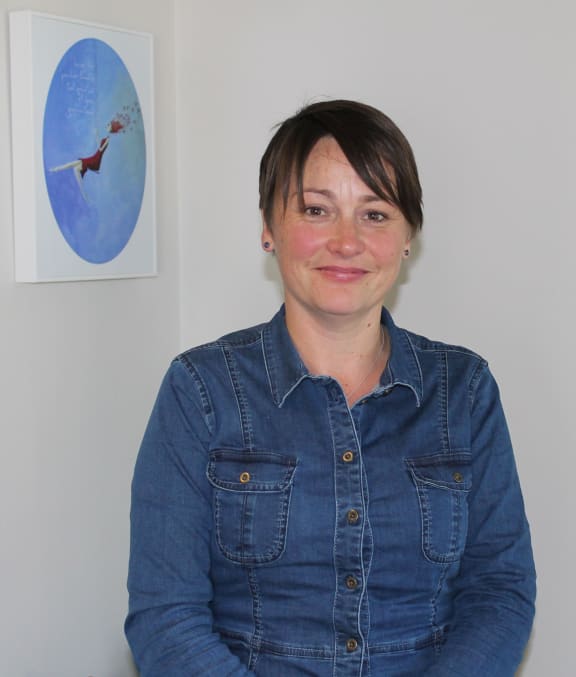
Catherine Gallagher Photo: RNZ / Katy Gosset
Clinical psychologist Catherine Gallagher said when parents broke up there would, inevitably, be pain for their children.
She said that was not a message that parents should stay together for the sake of the kids, but they should go into a separation with realistic expectations for both themselves and the children.
"Have a plan for the pain rather than hoping to avoid it."
She said it was natural for children to want their parents to be together and the fantasy of everything turning out alright was hard for some to shake.
"This is not to say that children cannot adjust to life post-separation and in fact, many aspects of their life might actually be better.
"But the remnants of this fantasy remain and its really important to acknowledge, especially as new partners turn up on the scene."
She said children needed to be supported through the changes, but, to do that effectively, parents had to ensure they were in good shape themselves.
Allow Emotions
Ms Gallagher said it could be helpful for children to see their parents experiencing emotion as this could normalise and validate their own feelings.
But she warned that children must also see that their parents were managing their emotions.
"The underlying message has to be, 'This is tough now but we're going to be OK'."
Ms Gallagher said if the parents' emotions were overwhelming, kids might feel there was no space for them to express their own feelings.
And she urged parents' to seek other adult help so their children did not feel burdened.
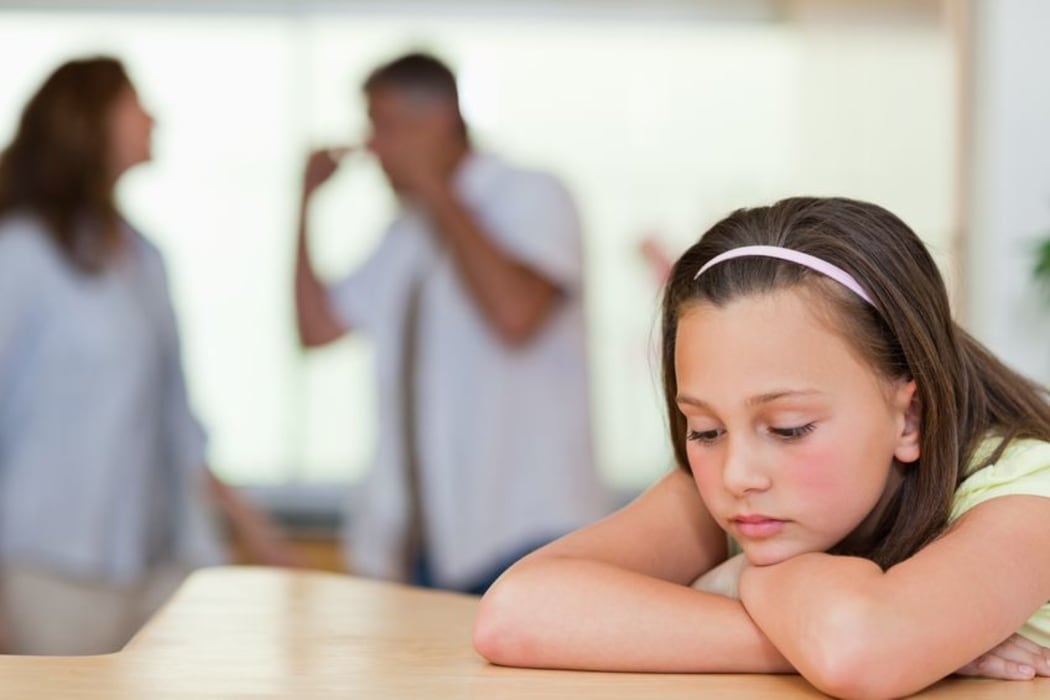
Photo: wavebreakmediamicro/123RF
Keep the kids at the centre
Ms Gallagher said while many parents might feel genuinely aggrieved by their former partner's actions, articulating that in front of their children was never a good idea.
She said kids might feel unable to express that they had enjoyed themselves at one parent's home or that they liked a parent's new partner for fear it would upset the other parent.
"If you're able to keep kids at the centre, then allowing them space to have had a nice time at the other parent's can be a real challenge but a really important thing."
Ms Galllagher acknowledged this situation might be painful for the parent and said they should admit this rather than taking a "Pollyanna" approach and pretending to be comfortable with it.
"I think to say something real like "Actually it's taking me a bit to adjust to this person being in your life and there might be times where I might look a bit puzzled or feel a bit sad about that but 'I'll get through that'."
Rules and Routines
Ms Gallagher said throughout a separation it was important to keep firm rules in place.
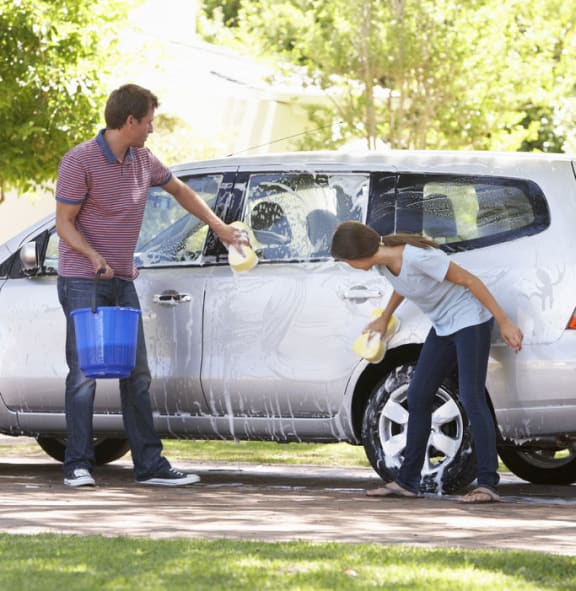
Photo: stockbroker/123RF
She said ideally rules should be consistent across both households but, if that was not possible, individual parents should enforce rules in their homes, as children still needed mums and dads to be the boss.
"They don't need a friend, they don't need a flatmate, they need a parent."
She said, within the solo parent dynamic, a child could often ended up becoming a friend or confidante to the parent.
"The child might say, "Yeah, tell me, tell me what's going on. But, actually, they don't always need to know what's going on or they need to know an age appropriate message about what's going on."
Ms Gallagher said when children returned to the home after time with the other parent it was useful to sit down with them and plan the week, reminding them of the expectations and activities associated with this particular household.
"You're grounding them in life in this home just developing those traditions to say, 'This is where we are now. Let's get used to being here.' Those things can help kids settle."
And she said parents should not worry about whether the child was having a better time at the other parent's home.

"That can be the temptation for some parents to think 'Oh gosh, if the kids haven't had a great time, then they're going to like the other parent more.' And there can be some envy and some jealousy and some conflict there."
But she said if parents were picking up their kids after school, helping with homework and covering the basics, that was what their children actually needed.
"Those things are incredibly important and don't ever under-estimate that even if they don't get so much kudos."
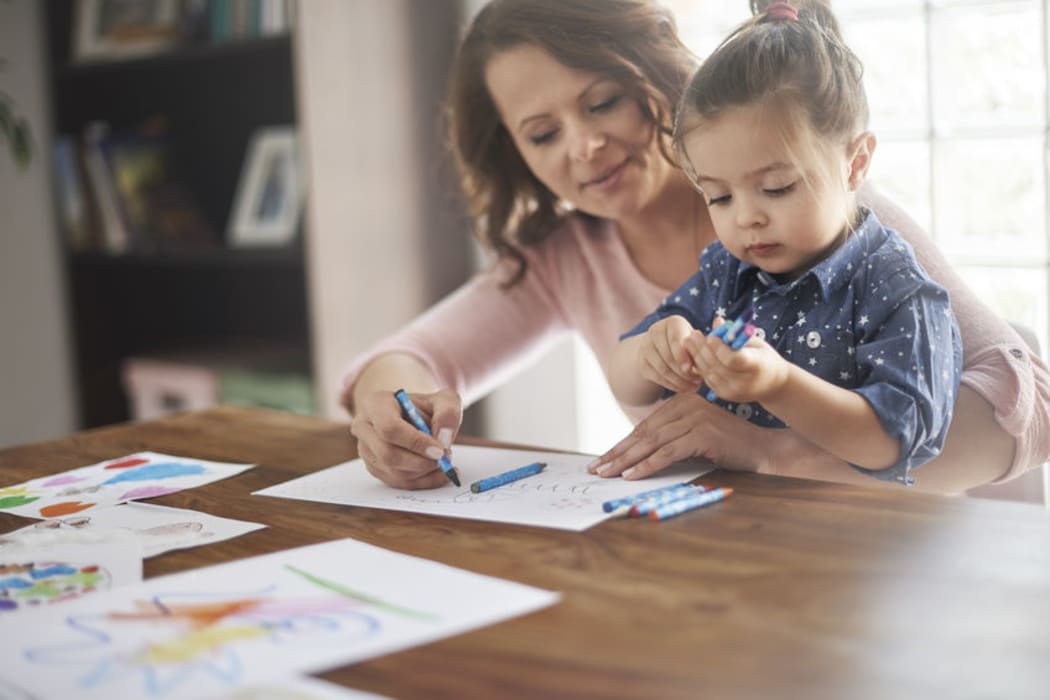
Photo: gpointstudio/123RF

